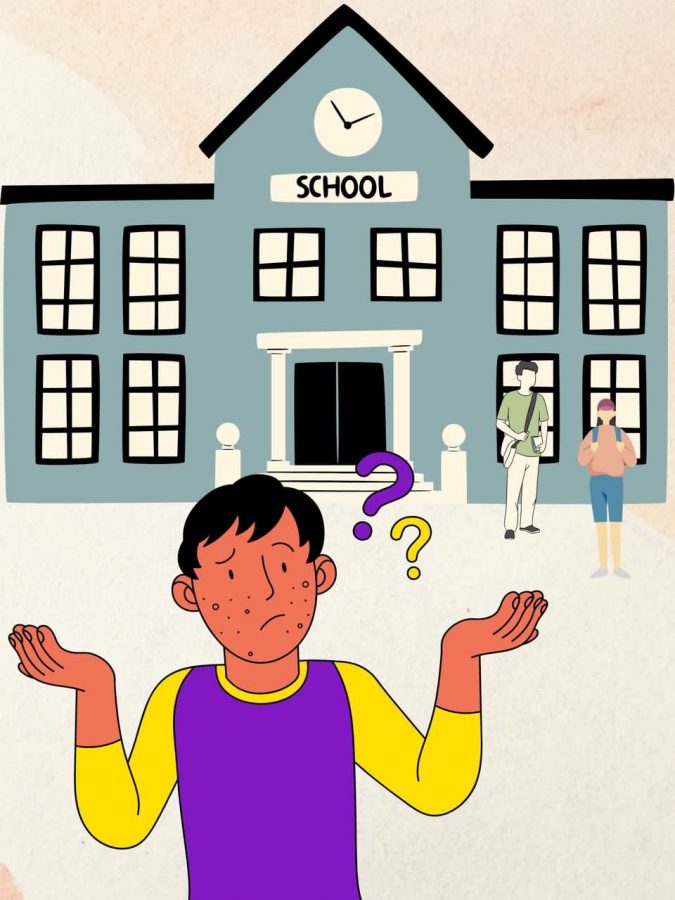When ranked against other countries, America is 25th in math, which doesn’t seem like a problem until you factor in that most Americans can’t name 25 countries.
As a nation, we sit in 13th place in overall education, ranking 17th in science and 14th in literacy. Statistically speaking, these are embarrassing figures. But we’re still the world’s richest country.
So America is kind of dumb, but at least we’re really, really rich. Coincidentally, education spending is being cut.
Schools account for pennies out of every federal dollar, but as the national budget bottlenecks, politicians are becoming more strategic in their investments. With voter turnout amongst students traditionally low, investing in schools doesn’t yield the greatest utility for political capital. As a result, the government isn’t spending on schools.
But education would’ve taken a hit no matter who got elected. Both candidates campaigned on strict economic stewardship and a reduction in baseline projections, meaning simply that someone was going to get cut, and let’s face it, schools are the easiest target.
The President’s Office of Budget and Management posted the proposed budget for the fiscal year of 2012-13 before the election results, and the budget for the Department of Education saw a sizable reduction in almost every line item.
The proposal highlights only a few increases, with most increases going to pet projects.
None of this information would have shifted the election this November. Education wasn’t a primary-enough concern amongst voters in this last election.
Pollsters determined that “the economy” was the driving engine for voters in this election cycle, not “education.” Election factors like this can be pre-determined and by extension, so can most voters and most states. The fractional population leftover, that inevitably tips the electoral scale for the rest of us is known as “the swing vote” commonly characterized as the most politically under-informed voter.
By being such, swing voters are the most likely to think of presidential elections as the political end-all, as if the president is the seminal figure of public policy, which isn’t the case at all.
Congress puts forth all legislative bills, anything regarding funding, subsidization, regulation, -everything- comes from Congress. Meaning simply, that even though both presidential candidates campaigned on how they “supported education” ultimately that doesn’t mean anything.
National presidential elections are similar to high school presidential elections. The kid running for student body president promises free pizza at lunch time, but can’t really deliver on that promise because the school administration is the only authority that can really make those decisions. And even though you half-knew he or she couldn’t do it, you voted for him or her anyways because you like pizza, plus it sounded awesome. This last election was just like that.
Congress, in this scenario, would be the stingy school administration who reserves full authority over all free-pizza-giving decisions. Presidential candidates are the over-promising kid, and the free pizza that decided your vote was school funding. And you were never going to get it.
Candidates’ campaign promises (and by default their policies) will all have to be approved by Congress, making ongress a monumental player in every presidential initiative, including education. Some would say that congress is the quintessential governing body in American politics.
And Congress got more polarized in this last election making the passage of any domestic spending bill, let alone major school-related bill, unlikely.
So either candidate would’ve been sitting on their policy-making hands hoping that the midterm elections would sway Congress in their favor, and in either case, schools would’ve been subsequently sidelined. The election results showed Obama as the lucky candidate chosen to sit on his policy-making hands, but he will not be alone, because American schools will also be sitting on their hands.






